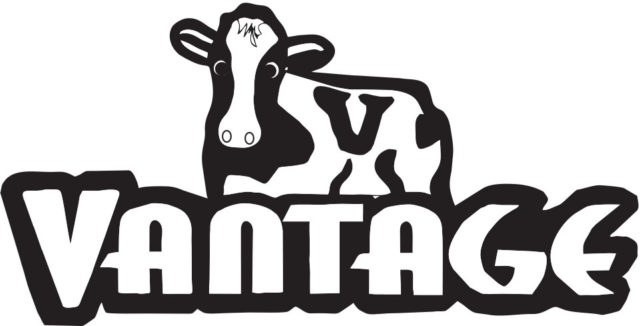Horses hold a preeminent position in Western culture. When the Greek historian Plutarch wrote about Alexander the Great, Alexander’s horse Bucephalus was a primary character. And so it has been throughout history for poets and balladeers.
At this point, you are worried that I will use my poetic prowess to soliloquize about my favorite horse. So here I go … My favorite horse was a peppered sausage my parents brought back from Kazakhstan. It was a little greasy, but I’m told that is typical of horse meat.
I love telling this horse meat joke, but you must know your audience. Some folks treat their horses like family, and for them, a horse meat joke is right up there with a cannibalism joke (I have some of those too). For everyone else, horse meat jokes are just tasteless, which is ironic because horse meat is bursting with flavor. Eating horse meat in America is taboo; that is what makes this joke edgy, but in most of the world, eating horse meat is normal.
Do you know the most popular dog breed in Korea? The Labrador retriever is the most popular breed, and that makes sense … A bigger dog has more meat than a small dog. The West has pressured Asian countries to give up dog meat. Korea agreed … In 2017, they implemented a complete dog meat ban by 2027. We are three years away, and 100,000 tons of dog meat is still consumed in South Korea. This makes sense to me; if beef were banned in the U.S., I would still eat this culturally acceptable meat.
The variability of food taboos from culture to culture fascinates me. Food taboos are almost exclusively meat-based. Staples are different throughout the world. Rice is prevalent in Asia, corn is the staple grain in Central and South America, and wheat is the staple in North America and Europe. Just because a certain grain is a cultural staple, the eating of other grains is not forbidden. For some reason, however, meat is more prone to taboo.
Many of the cultural meat restrictions are derived from religious beliefs. Hindus believe in reincarnation, and the life you lead results in moving up in their caste system (I apologize to Hindus for pretending in any way to understand your deeply held religious beliefs). The final leap of perfection is from an elite caste into a Brahman cow. They have essentially deified their cattle, and the consumption of that deity is forbidden. Perhaps we in America have a similar belief, except that our cultural elites are held in such low regard that we brand ’em, castrate ’em and put ’em on a plate.
Many of today’s meat taboos are based on Judaic religious beliefs. If you want some compelling Bible reading, try Leviticus chapter 11. It explains all the rules. Cattle, sheep and goats are all OK, but the camel, coney and hare are all forbidden. This may be the basis for the meat taboos in America … Except for swine. Swine is specifically forbidden in the Bible but is one of the big three proteins in America. Why is pork socially acceptable but rabbit is less so? Or are you regularly eating hasenpfeffer?
Kosher rules are very specific and exhaustive. There are cleanliness standards, both practical and ceremonial. The slaughter is very specific, and there are certain parts of the carcass that must be discarded. The final part is a series of rabbinical prayers.
Once I was working at a concession stand when a person ordered a hot dog and then asked, “Are these hot dogs kosher?”
“It’s a hot dog! Someone should certainly pray over every hot dog,” is what I thought, but a simple “no” is what I answered.
Sometimes, food taboos go beyond culturally unacceptable to full-fledged illegal. This has happened and is happening in the U.S. In 2007, the federal government banned horse slaughter facilities. This legislation was mostly unnoticed because horse meat is taboo in the U.S. Not a single voter noticed there was no longer horse meat in the grocery store … There never had been.
But we in animal agriculture noticed. In a perfect world, there would be no unwanted animals. In the real world, there are unwanted animals … And now there is nowhere to sell unwanted horses. I have seen unwanted horses and dogs dumped on rangelands. They become emaciated until they lie down and crows pick at their tender parts until they die. Does anyone believe this is a better outcome than a humane slaughter facility?
A more recent target is the pork industry. The voters of California passed Proposition 12 in 2018, and after multiple court challenges, it is now fully implemented. This initiative bans farrowing crates. This doesn’t impact me because I don’t eat pork. Sure, I eat bacon, sausage and ham, but I don’t buy these products from farrowing crates; I get them all from the grocery store.
It is easy to gaze across the Pacific Ocean at the Asians whose culturally acceptable dog meat is banned. “Eating dog meat is taboo,” you may think. But the folks who pushed that ban are our neighbors, not theirs. They will not be satisfied until all meat is considered taboo. A law has a funny way of making meat taboo. And there is nothing funny about that.

.jpg?t=1687982885&width=640)



